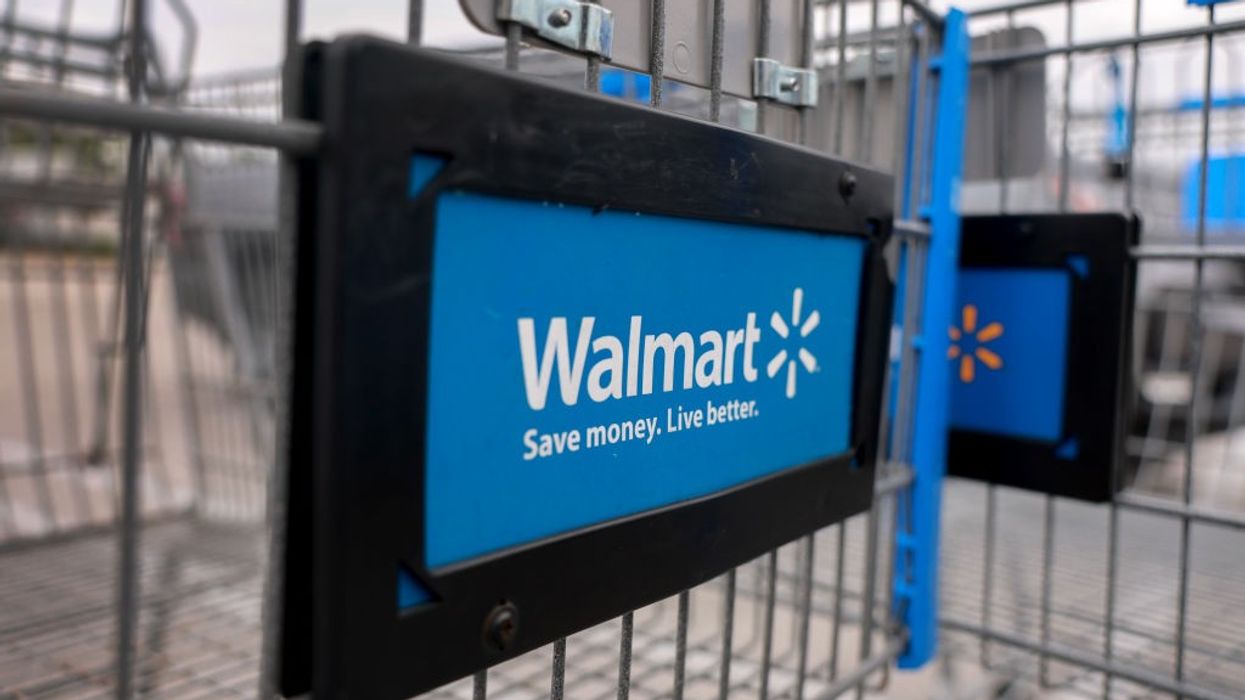WALMART has withdrawn a range of underwear featuring images of the Hindu deity Lord Ganesha after protests from the Hindu community, led by Rajan Zed, a Reno-based activist and interfaith leader. The move followed backlash over the inappropriate use of sacred religious imagery.
Rajan Zed sent a formal request to Walmart, urging the company to remove the offending items from its website. These included boxers, briefs, panties, and thongs bearing Ganesha’s image. Zed called the use of the deity’s image on intimate clothing disrespectful, stating, “Symbols of any faith, larger or smaller, should not be mishandled.”
He also noted that in Hinduism, Lord Ganesha is highly revered and worshipped as the remover of obstacles and god of wisdom. His image, Zed said, is meant for temples and home shrines, not commercial products.
According to reports, within 24 hours of Zed’s email, the underwear was taken down from Walmart’s website, although the company had not issued an official response. However, swimsuits featuring the same Ganesha design remained available, sparking continued criticism.
The Hindu American Foundation (HAF), a prominent advocacy group, joined the protest, calling the use of Ganesha’s image on items like slippers and bathing suits “disrespectful.” In a statement on social media, HAF said, “Hindu deities like Ganesha hold profound spiritual significance for over a billion followers worldwide. Items like slippers and bathing suits featuring sacred imagery demean the reverence with which these symbols are held.”
The organisation urged Walmart to discontinue all such products and implement measures to avoid similar incidents in the future.
The controversy gained traction on social media, where users condemned Walmart for cultural insensitivity. “Depicting Lord Ganesha on items like slippers and underwear is deeply disrespectful to millions of devotees,” tweeted one user. Another criticised the retailer for failing to anticipate the backlash, stating, “Respect for cultures and beliefs isn’t a trend; it’s a basic expectation.”
This incident highlights broader concerns about cultural insensitivity in product design. Critics argue that such missteps could be avoided with greater awareness and training in cultural and religious sensitivity for corporate decision-makers. Rajan Zed urged Walmart to provide its senior executives with training on these matters.
Advocates have called on the company to demonstrate greater accountability and take more decisive action.
On social media, many expressed hope that this controversy will prompt brands to be more thoughtful in their design and marketing decisions moving forward.





